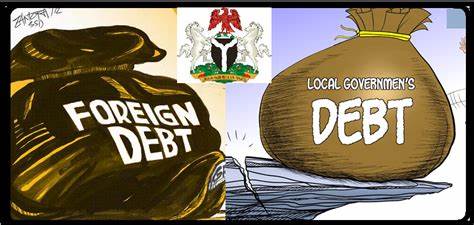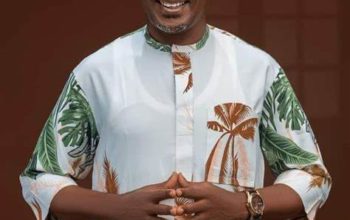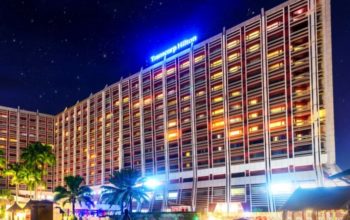As the economy tilts dangerously close to the cliff’s edge, expert opinions show that by abdicating their responsibility, lawmakers are partly culpable.
As lawmakers in the 10th Assembly jostle for leadership positions in the National Assembly, with many promoting candidates they think Bola Tinubu, the president-elect, would approve of, Nigeria runs the risk of heading to even more economic turmoil with another “rubber stamp’ legislature.
Ahmed Lawan, Senate President, said on Tuesday that the 9th Senate was mindful of the damaging effect of persistent conflict with the executive and its impact on legislative activities and hence settled for a robust relationship, which many concluded made it a rubber stamp.
In the United States, the Republican-led Congress is piling pressure on the White House, demanding responsible spending. Nigeria’s 9th Assembly has a history of jettisoning the rubber stamp toga only when it concerns padding the budget and inflating their members’ allowances and constituency allocations.
But the country’s worsening poverty amidst profligate spending funded by debts, even as crude oil, the nation’s major revenue earner, declines, shows the folly of abdicating their responsibility to Nigerians.
Since 2015, the budget deficit has averaged N4 trillion every year. In 2022, Nigeria’s debt service-to-revenue ratio stood at 80.6 percent, when the experts, including at the World Bank, recommend 22.5 percent for low-income countries like Nigeria.
The International Monetary Fund (IMF) is also predicting the federal government to spend 82 percent of its revenue on interest payments in 2023, the most of any country, of which the projections hold true, analysts say.
“I think the biggest critical aspect for Nigeria is that we have done a macro-fiscal stress test, and what you observe is the interest payments as a share of revenue, and as you see us in terms of the baseline from the federal government of Nigeria, the revenue, almost 100 percent, is projected by 2026 to be taken by debt service,” said Ari Aisen, the IMF’s resident representative for Nigeria, last year.
This is the legacy of the 9th National Assembly, which has the most servile set of lawmakers in Nigeria’s democracy. Their worshipful reverence for Muhammadu Buhari, a man with a tenuous grasp on economic thinking, prevented critical scrutiny of budget deficits and demanded fiscal responsibility.
The clearest proof of this is seen in the fact that Nigeria’s total debt stock rose by N13.10 trillion between 2015 and 2019 under the leadership of the 8th Assembly, while debts rose by a dramatic 175.5 percent between 2019 and the first quarter of 2023.
Throughout this period, the Debt Management Office sold the fantasy that using the debt-to-GDP ratio, when compared with other countries, Nigeria’s debt was sustainable.
In 2019, Nigeria spent N54 of every N100 it earned, more than half, servicing debt. The country closest to Nigeria, Lebanon, was spending 50.8 percent of its revenues. Nigeria, being ahead of Lebanon, is in itself a big indictment on lawmakers, who are expected to serve as a watchdog to the executive.
Lebanon is grappling with a deep economic crisis after successive governments piled up debt following the 1975-1990 civil war with little to show for their spending binge.





